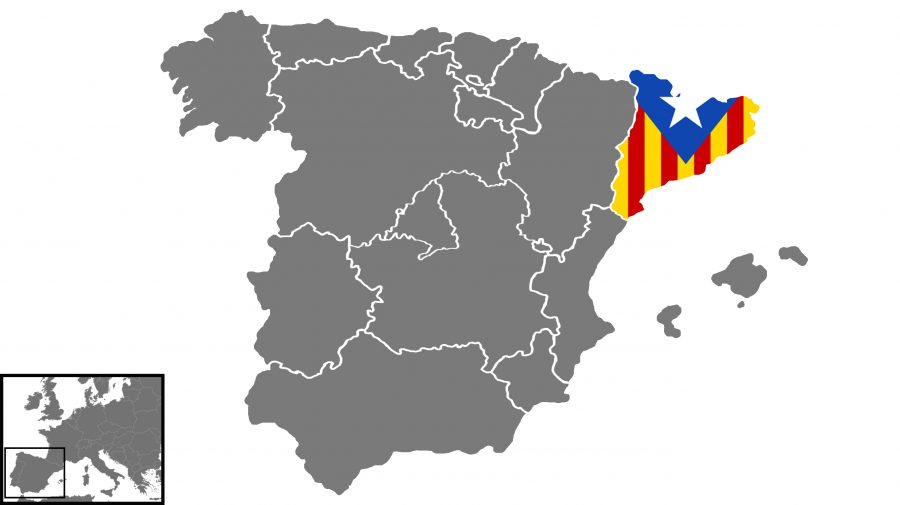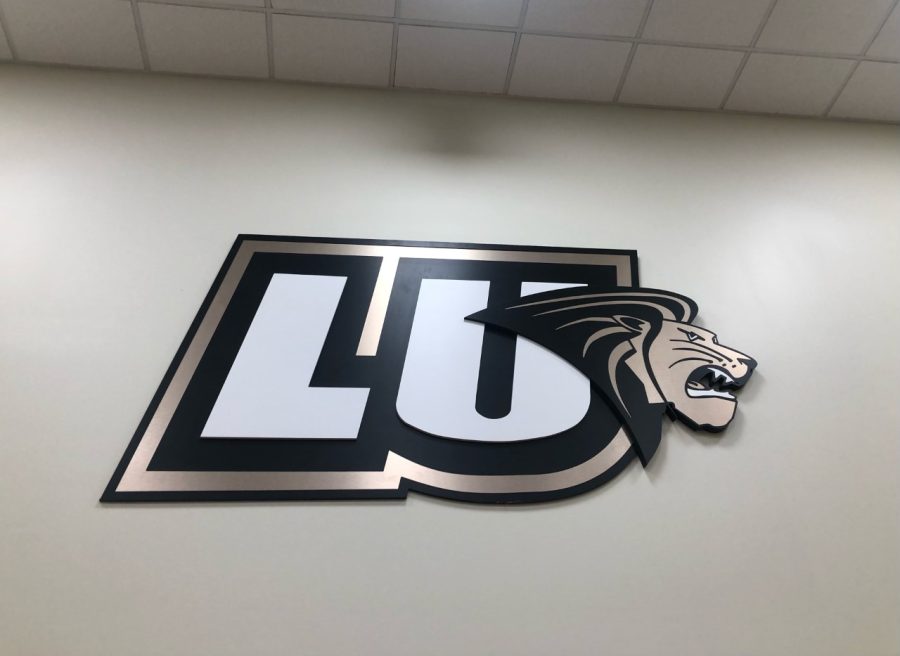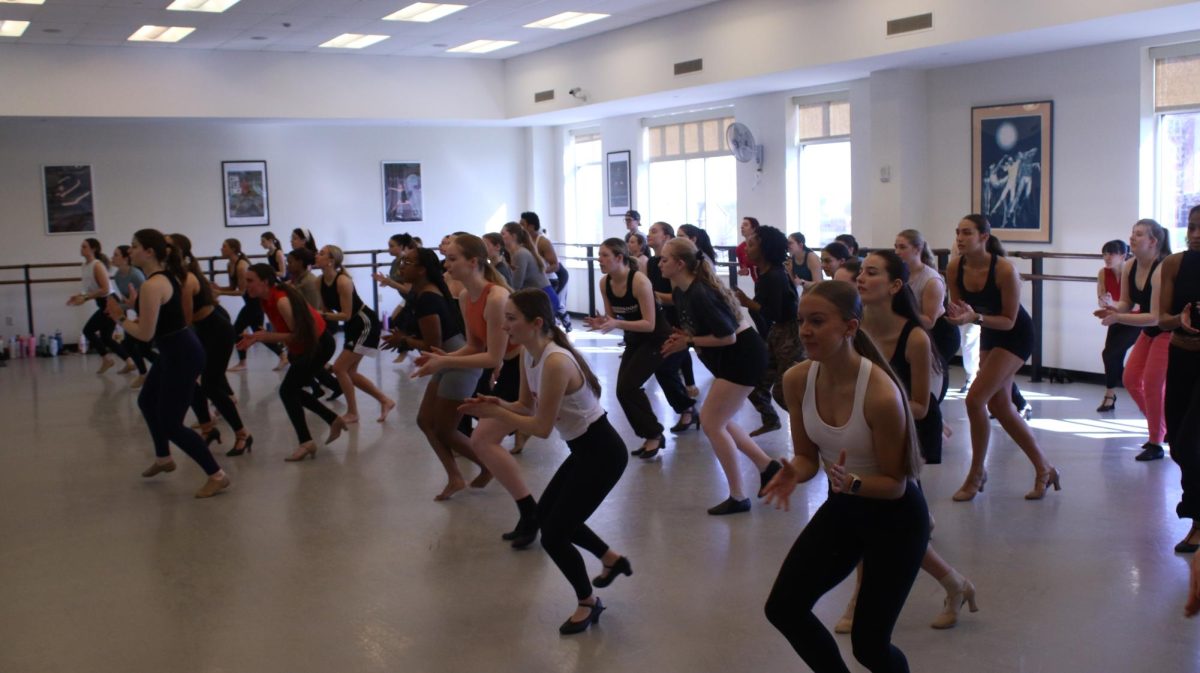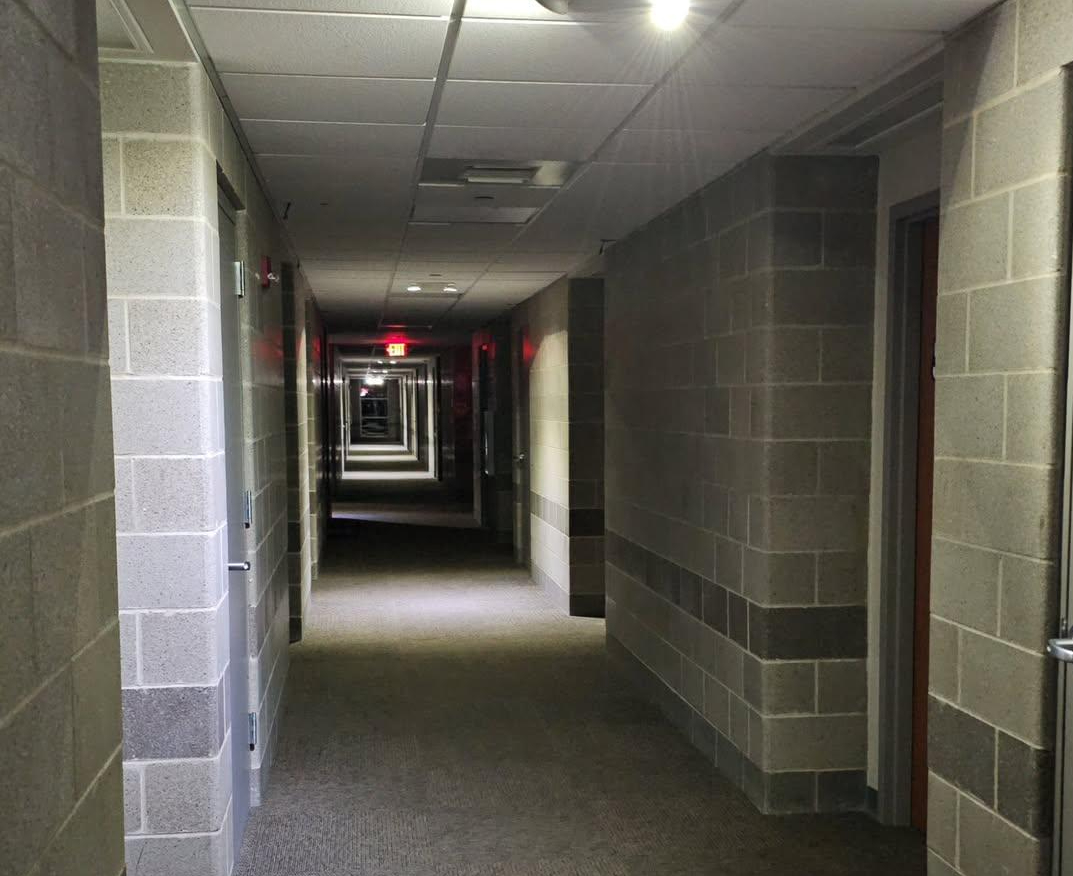MATT HAMPTON & KYLE RHINE | Reporters
Catalonia, an autonomous region in eastern Spain, held a binding referendum on Oct. 1 asking voters if they want to become an independent republic.
The Spanish government deemed the vote unconstitutional and tried to suppress it. As a result, protests and violence erupted in Catalonia, leaving almost 900 civilians and over 400 police injured on Sunday, according to a Monday Washington Post article.
The region is home to some Lindenwood students and includes the Spanish city of Barcelona.
“After the violence the Catalan society suffered, all the repression, I feel the European Union commission, they are going to have to analyze everything that happened.” said Charly Travieso Ruiz, a Lindenwood student from Catalonia.
The Catalan way of life has always been different than Spain’s, according to Travieso.
“The Catalan people already had different ways to think, [a] different language and cultural background,” he said.
Lindenwood student Álvaro Gálvez Rigaud is from the Spanish region of Andalusia. He said Catalan’s avoid speaking Spanish in favor of their related yet distinct dialect.
“When I went to Catalonia to see a soccer match, they said to me that I can’t go the stadium because I don’t talk in Catalan.” he said, “So I said, ‘What is the problem? Why can’t I go in because I don’t talk in Catalan?'”
Gálvez said the referendum angered many Spaniards, because it was not approved by the central government in Madrid. Also, Catalans are themselves divided on whether they support independence.
“There are many people in Catalonia who don’t like this situation because they want to stay in Spain,” Gálvez said.
Though 92 percent of referendum voters voted for independence, according to the Catalan government, the turnout was only 43 percent. Opinion polls before the vote showed a close split on the issue.
After the referendum, Catalan President Carles Puigdemont said they will declare independence within “days.”
The region of Catalonia is one of Spain’s wealthiest regions, according to a Monday CNN article. It accounts for nearly a fifth of Spain’s economy and it leads all regions in producing 25 percent of the country’s exports.
Travieso said Catalans are being “held back” from Spain and would thrive with independence.
“If we are free to manage our own taxation and culture, the country itself is going to grow, along with the economy,” Travieso said.
Galvez argued secession would also create problems for region. He said an independent Catalonia may not be able to remain in the European Union and would have to change its currency, in addition to facing other uncertainties.
On Friday, the Spanish government apologized for injures caused by police but blamed the Catalan government for holding an Illegal vote, according to a Friday BBC article. The Catalan government is still planning an independence debate in parliament.










